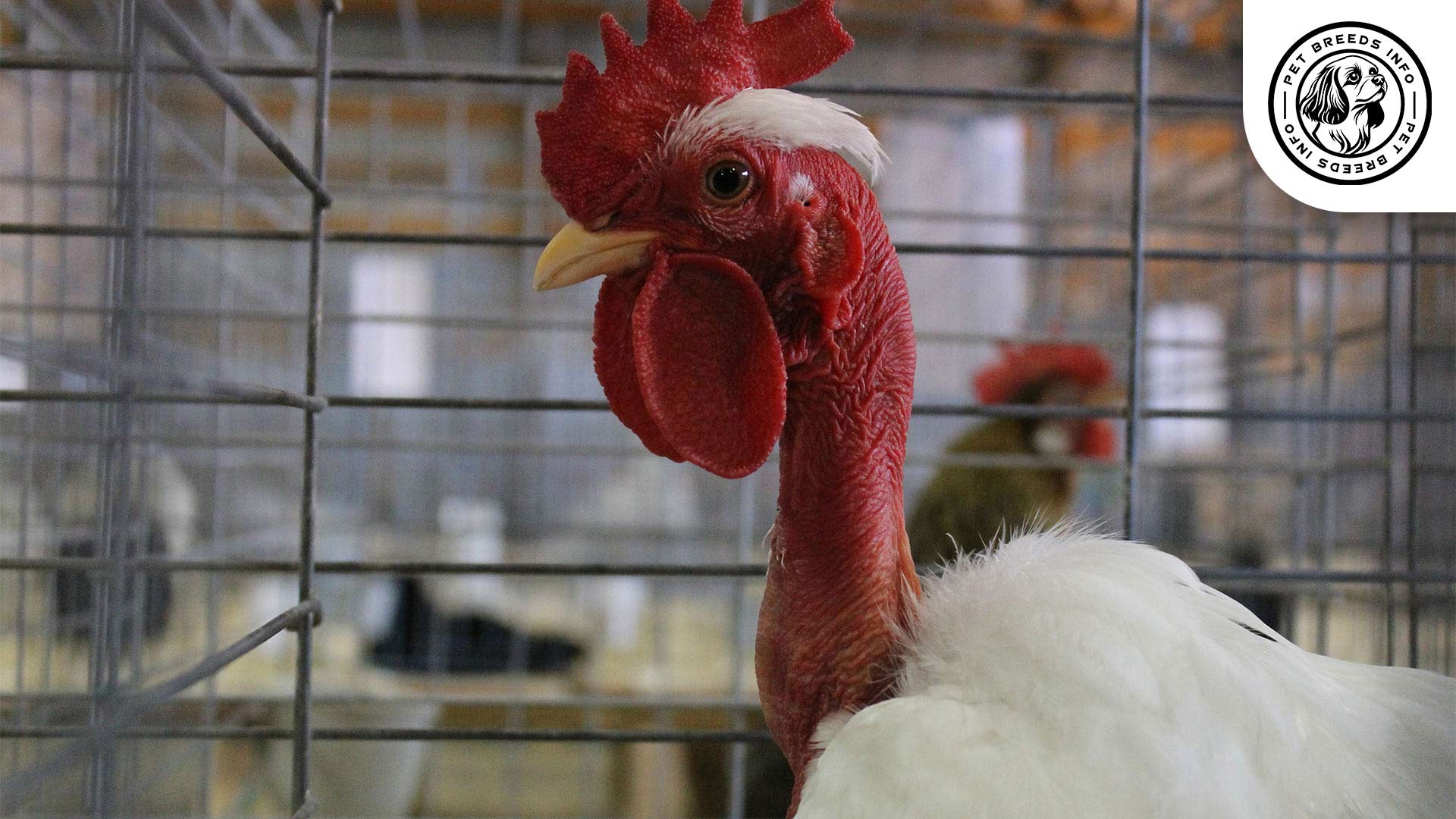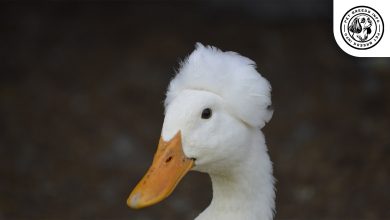Naked Neck Chicken Breed: Personality, Lifespan, Food & Care
General Introduction of the Breed
The Naked Neck Chicken, also known as the “Turken,” is a distinctive poultry breed famous for its featherless neck. It originates from Central Europe, particularly Hungary and Romania, and was later selectively bred in various regions for its hardiness and excellent meat quality.
Table of Contents
| Common Name | Naked Neck Chicken (Turken) |
| Scientific Name | Gallus gallus domesticus |
| Origin | Central Europe (Hungary and Romania) |
| Size | Male: 6–8 lbs, Female: 4–6 lbs |
| Lifespan | 6 to 8 years |
| Talking Ability | Low (typical chicken vocalizations) |
| Colors | Black, White, Buff, Red |
| Noise Level | Moderate |
| Social Behavior | Friendly, social, good with pets and children |
Physical Characteristics
The Naked Neck Chicken is a medium to large-sized bird. Males typically weigh between 6 to 8 pounds, while females weigh around 4 to 6 pounds. It has a single comb and wattles, with a moderate-sized body.
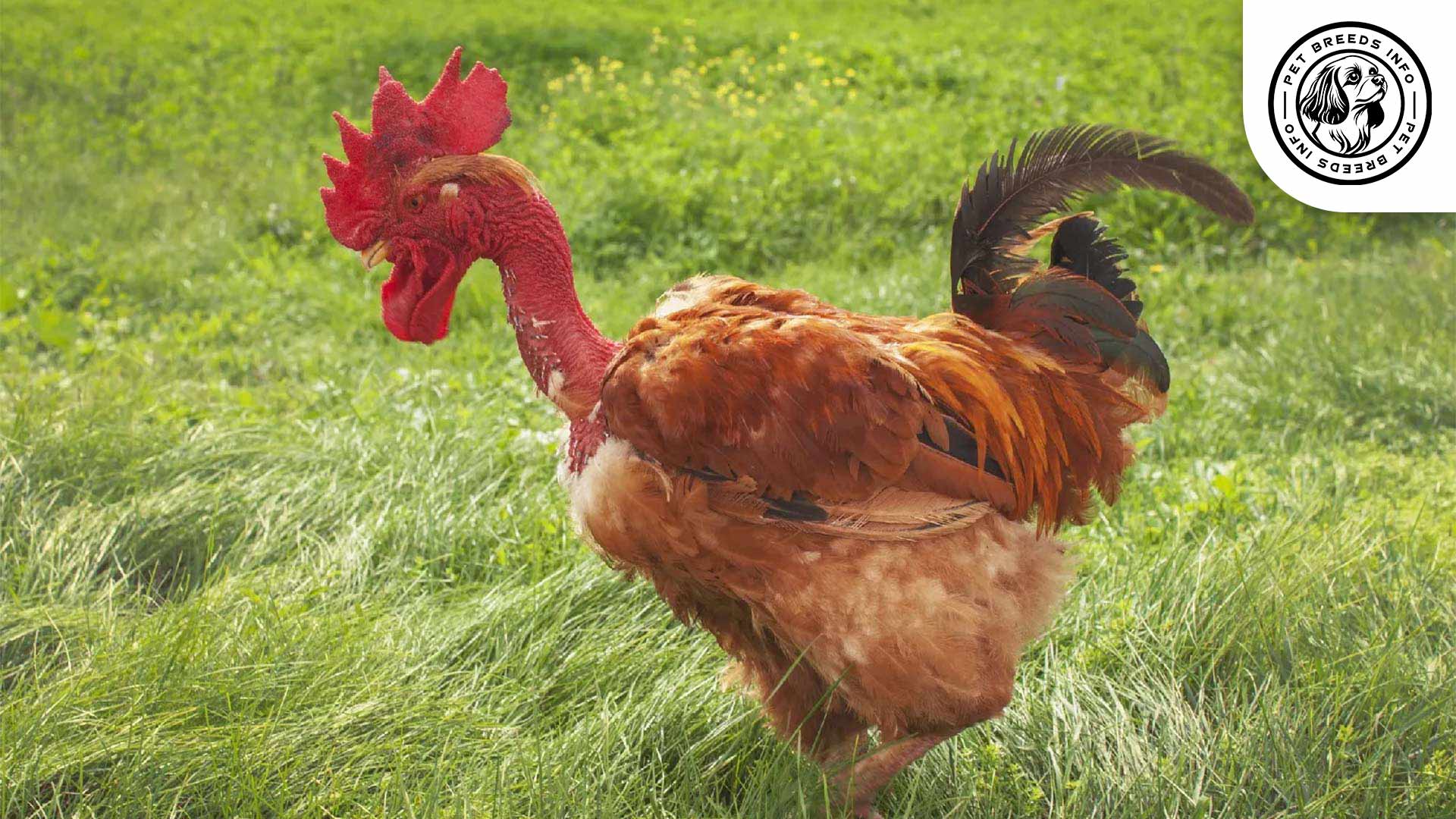
Its featherless neck is its most distinctive trait, giving the illusion of a crossbreed between a turkey and a chicken. Available color variations include black, white, buff, and red. The eyes are usually reddish-brown, and the legs are clean without feathering. The tail is of moderate length and well-feathered.
Read More: Sicilian Buttercup Chicken
Personality and Temperament
The Naked Neck Chicken is known for its intelligence and ease of handling. It is an active breed with moderate energy levels and adapts well to different environments. These chickens generally have a friendly disposition and form bonds with their owners.
When it comes to social behavior, they get along well with other chickens and backyard pets. They are also suitable for families with children. While they are not aggressive, they have a foraging instinct and exhibit natural curiosity.
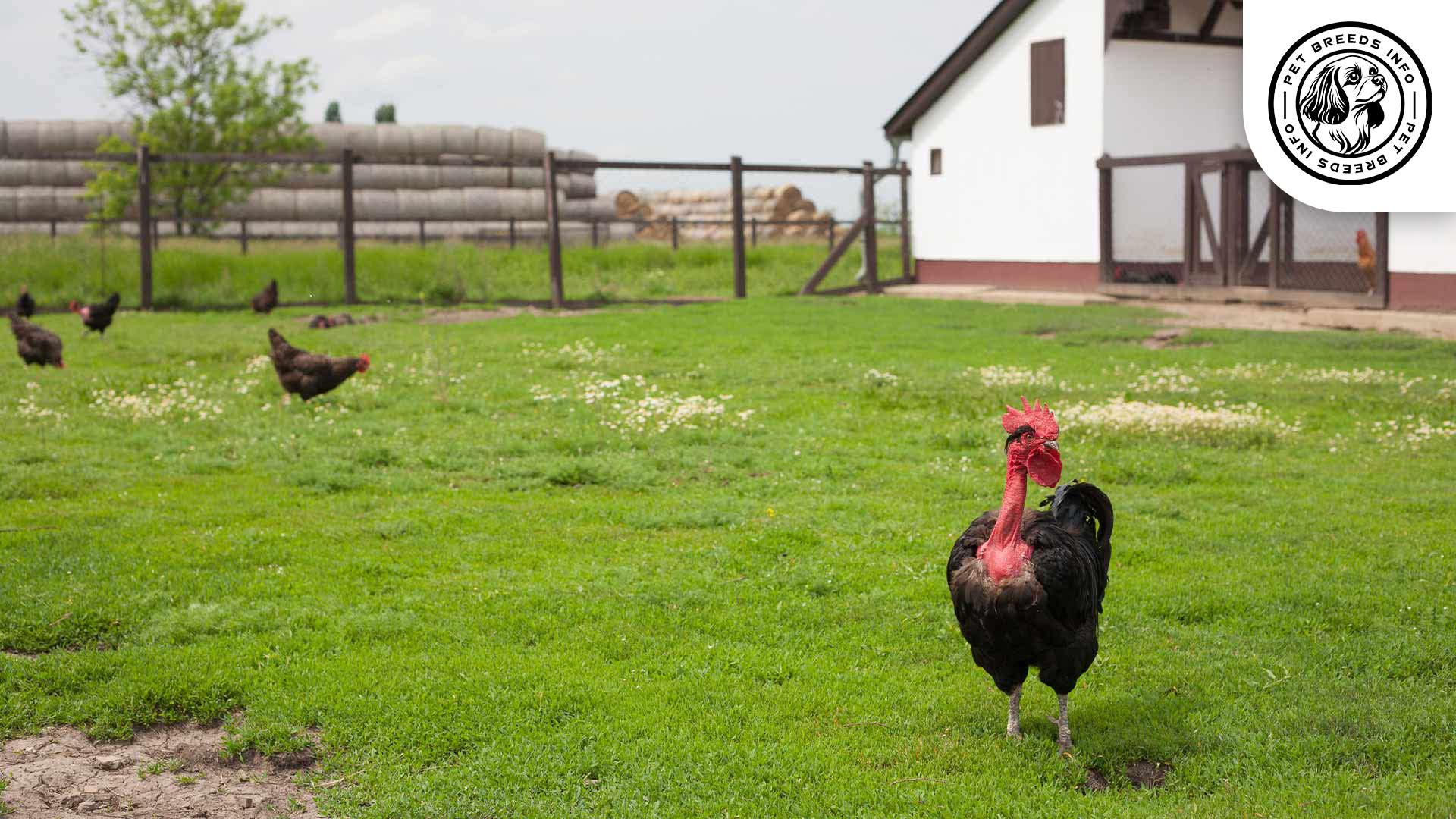
Care and Maintenance Requirements
The Naked Neck Chicken requires moderate exercise, usually achieved through free-ranging or foraging. It thrives in both backyard and farm settings but requires some space to roam.
Grooming is minimal due to the lack of excess feathers. However, their exposed neck makes them slightly more susceptible to sunburn in hot climates, so providing shade is essential. They are hardy and tolerate cold weather well but should be protected from extreme cold.
Routine hygiene includes regular beak trimming (if necessary), nail checks, and occasional bathing to remove dirt.
Diet and Nutrition
A balanced diet is necessary for optimal growth and egg-laying. A combination of quality poultry feed, grains, vegetables, and protein sources works best. Avoid giving them processed foods, salty snacks, or anything moldy.
For adults, portion sizes depend on their activity level, but they should have constant access to food and fresh water. Supplementing their diet with calcium sources like crushed eggshells or oyster shells helps promote strong eggshells.
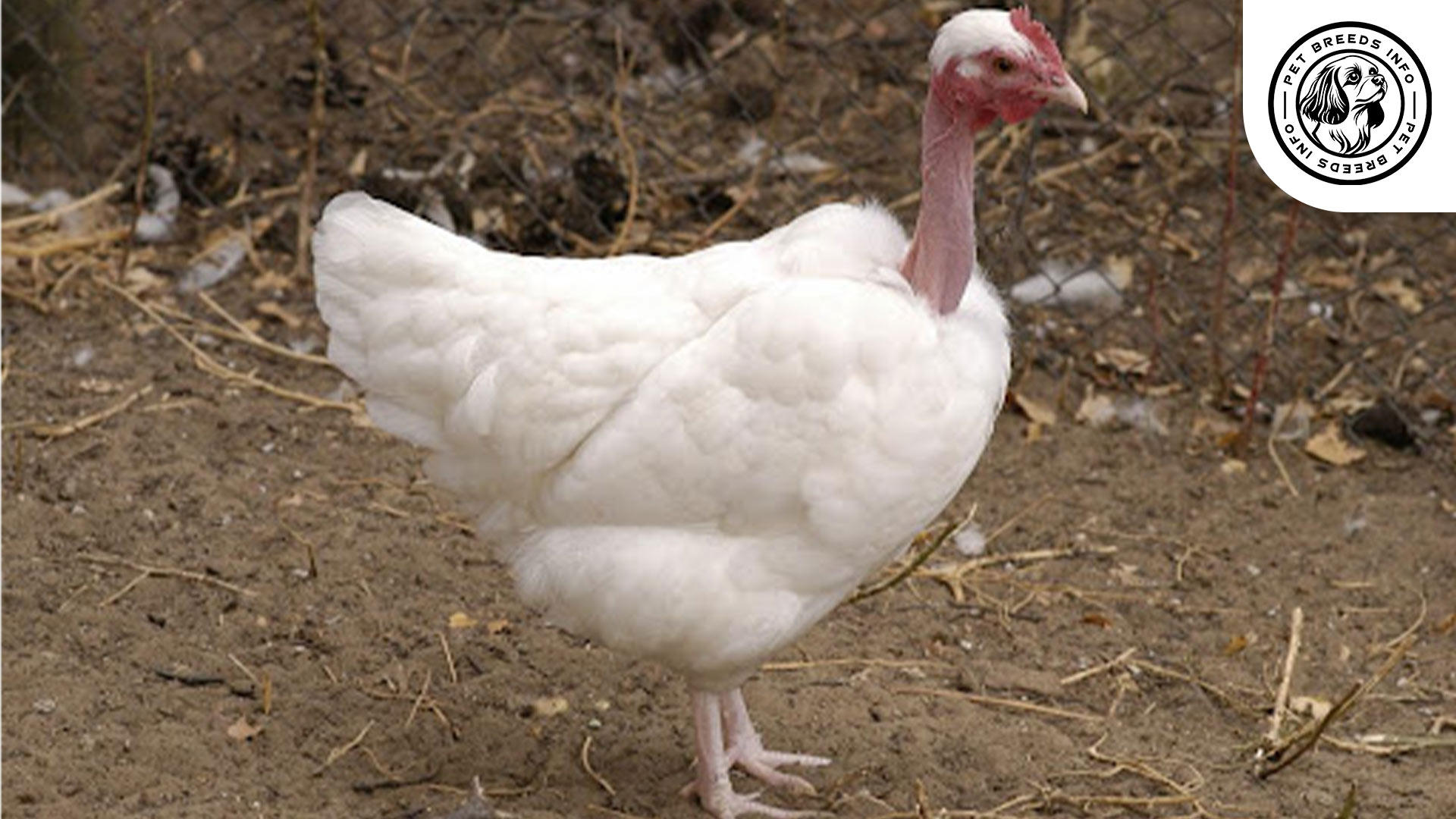
Health and Common Medical Issues
Although Naked Neck Chickens are generally hardy, they can be prone to common poultry illnesses, including respiratory infections, mites, and lice infestations. Regular health checks and proper coop maintenance can help prevent diseases.
The breed has an average lifespan of 6 to 8 years. Essential vaccinations, such as those for Marek’s disease and Newcastle disease, can enhance their overall health and longevity.
Read More: Serama Chicken
Training and Behavior Management
Training Naked Neck Chickens is relatively easy, as they respond well to food-based incentives. Early socialization helps them stay comfortable around humans and other farm animals.
Since they enjoy foraging, encouraging free-range activities strengthens their natural behaviors. They can also be taught to recognize feeding times and respond to simple calls over time.
Interaction with Other Animals and Humans
Naked Neck Chickens are well-suited for families and individuals alike. They interact well with children due to their docile nature and are not known to be aggressive toward other chickens.
They coexist peacefully with other pets, such as cats and dogs, as long as they are raised together or introduced carefully. Their level of independence allows them to thrive without constant attention.
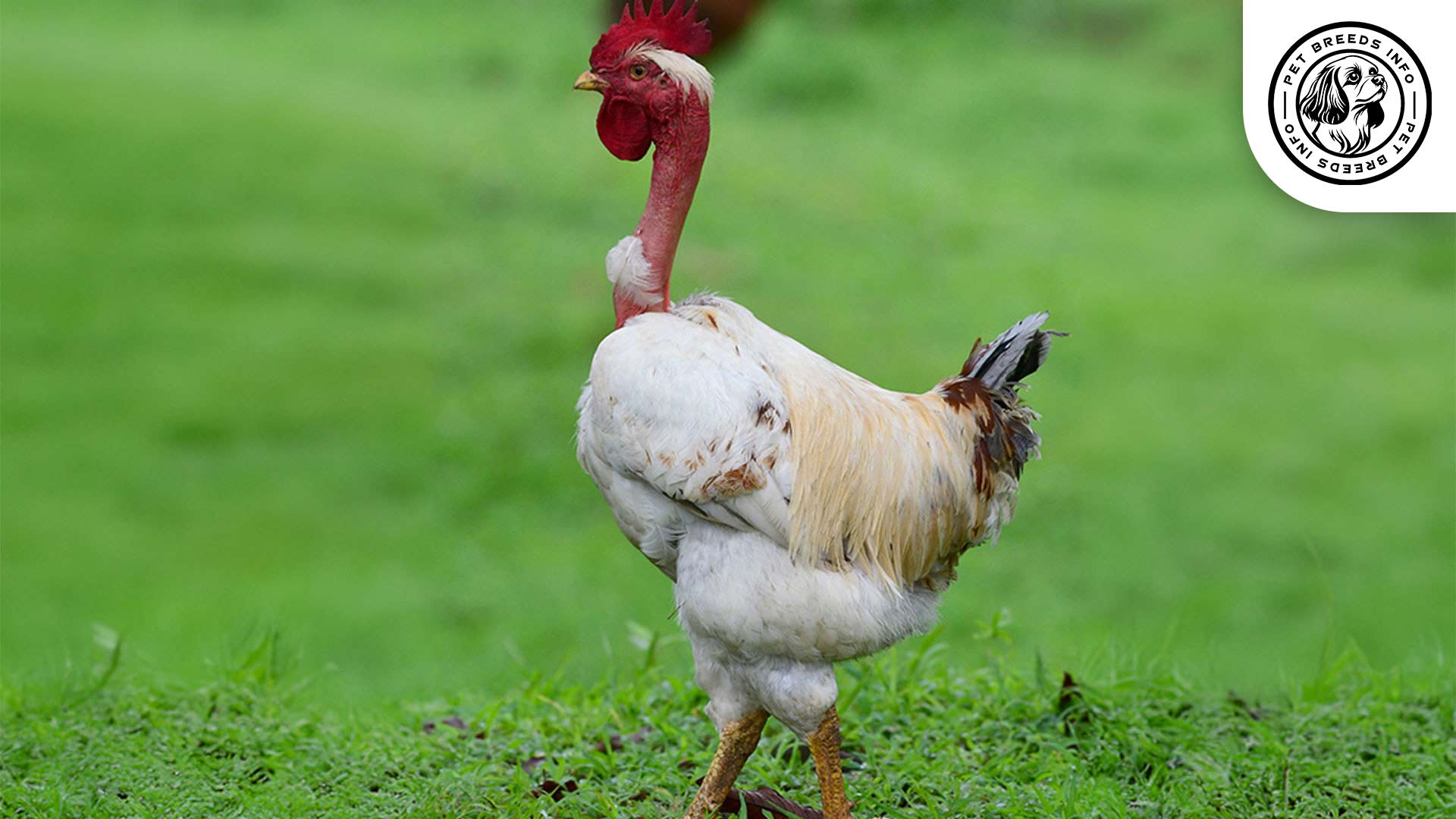
Price and Availability
The cost of purchasing a Naked Neck Chicken depends on factors such as age and breeder reputation. Generally, chicks are priced between $3 to $7 each, while mature birds may cost between $20 to $50.
When adopting or buying, it’s crucial to source them from reputable breeders or hatcheries to ensure healthy stock. Some poultry farms and online hatchery stores specialize in this breed.
Conclusion and Final Thoughts
The Naked Neck Chicken is an excellent choice for both small-scale and large-scale poultry keepers. Its unique appearance, friendly temperament, and hardiness make it a valuable addition to any flock.
With proper care, this breed thrives in various environmental conditions and is relatively low-maintenance. Whether for meat production, egg-laying, or as a backyard pet, the Naked Neck Chicken is a worthwhile investment for poultry enthusiasts.
Read More: Oriental Dove Bird
FAQ
Are Naked Neck Chickens good for families?
Yes, they are friendly and get along well with children.
Do they need special care due to their featherless necks?
Only in hot climates provide shade to avoid sunburn.
How big do Naked Neck Chickens get?
Males reach 6–8 lbs and females 4–6 lbs.
Can they live in cold weather?
Yes, they are hardy and tolerate cold climates well.
What are they mainly used for?
They’re popular for both meat and egg production.
